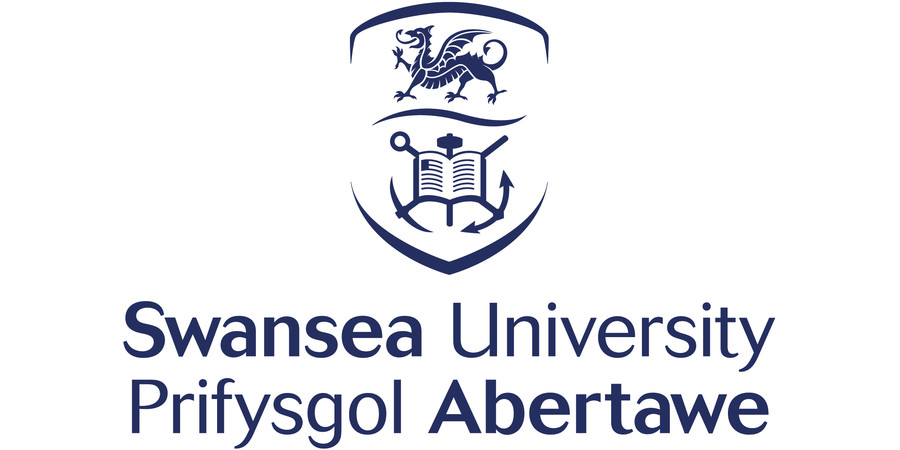Zoology, Evolution, Behaviour: Fully Funded PhD Studentship on Intergroup Conflict and The Evolution of Animal Societies: The Role of Scent Communication and The Microbiome
Swansea University - Zoology, Evolution, Behaviour, Communication
| Qualification Type: | PhD |
|---|---|
| Location: | Swansea |
| Funding for: | UK Students, International Students |
| Funding amount: | UKRI rate (currently £20,780 for 2025/26) |
| Hours: | Full Time |
| Placed On: | 2nd April 2025 |
|---|---|
| Closes: | 5th May 2025 |
| Reference: | RS810 |
Are you interested in the mechanisms underlying animal social behaviour? If so, this PhD may be for you.
A major goal of evolutionary biology is to understand how cooperation and teamwork can evolve in the face of selection for self-interest. Classic research on this question has shown that factors that operate within the group, such as kinship and reciprocity, can select for altruism. Yet there is now substantial evidence from humans and other social animals that interactions between groups (such as intergroup conflict) can also exert a profound influence on social behaviour.
Interactions between individuals and social groups require communication, however we have relatively poor understanding of the mechanisms underlying communication and how they relate to the evolution of cooperation and conflict. Here, you will investigate such mechanisms in banded mongooses, an African mammal displaying substantial cooperation within social groups, and serious (often lethal) conflict between groups.
Banded mongooses (as with many other mammals) rely heavily on scent communication. A key source of scent comes from specialised anal glands which produce a diverse range of chemicals that are likely involved in communicating information essential for social behaviour, such as sex, reproductive status, age, dominance, genetic diversity, and (crucially for interactions within and between groups) the identity of the individual and social group they belong to. Furthermore, scents are stored in glands prior to being deposited in the environment, and these glands have a rich microbial flora. There is some evidence from other mammals that microbes influence scent, but we do not have a good understanding of the microbial composition of scent glands or how these microbes influence scent communication within and between social groups.
Funding Details
This scholarship includes an annual stipend at the UKRI rate (currently £20,780 for 2025/26).
An additional £1,000 per year from the Faculty of Science & Engineering will also be available for research costs.
Advert information
Type / Role:
Subject Area(s):
Location(s):









